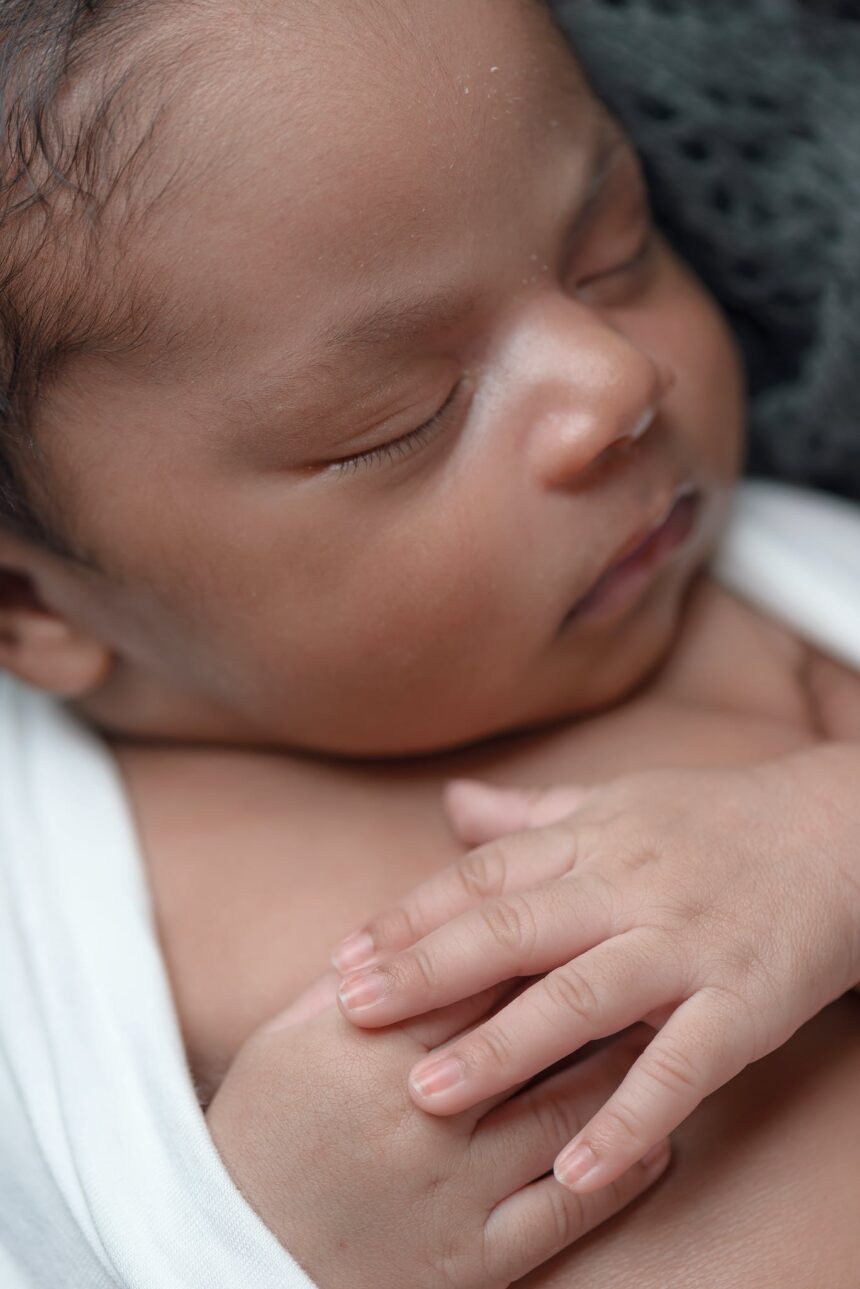Infant Cues
What are infant cues? Infants have cues, signs and use body language to help us as parents know what they need. We need to observe, pay attention and be willing to learn what the cues mean.
Just because your newborn is crying doesn’t always mean that they are hungry! Have you ever started to feed your fussy newborn and after a few minutes of eating they have fallen asleep? If that was the case then your newborn was probably more tired than hungry! Infant cues get easier to read as you learn to observe your infant and understand what their needs truly are.
It can be difficult to know the difference between a hunger cue and a tired cue. If your watching carefully your newborn will tell you! As a postpartum doula for over 15 years I have observed infants for a living and can help guide you and educate you on the newborn period. I can help you so that you can avoid the overwhelming advice from Google and get straight forward answers from a professional right away. Learn more here.
Here are some signs, cues and body language changes to look for in your infant…
Hunger– Look for signs of rooting! Rooting is an involuntary muscle response that your baby was born with in order to survive, it helps your baby find and latch onto the mother’s nipple or a bottle to be able to feed. If you stroke your newborn’s cheek they will turn their head to nurse and open their mouths to feed.
Another hunger cue your newborn/infant will show is that they will start to lick their lips and turn their head and look for food (breast or bottle). This is a great time to start a nursing session or prepare a bottle.
TIP– It is much easier to latch a newborn at this hunger stage than when they are crying and struggling to calm down.
Crying is the last cue that tells you they are hungry! Pay close attention, their hunger cry sounds different than other cries! Obviously at night it can be difficult to see your infant start to lick their lips so a good clue at night is to listen for them to start grunting and making noises after being asleep for a few hours. If you are struggling to figure out your infant’s sleep, set up a sleep evaluation call to find out how I can help you survive the overwhelming and exhausting first few weeks of your infant’s life.
Did you know?
Rooting is a newborn reflex that only lasts until about 4-6 months of age because as your baby’s brain develops it replaces the rooting reflex with a voluntary action. At 4-6 months of age if you offer your baby the breast or bottle and they are not hungry they will voluntarily turn away!
Here are some infant body language changes and cues for tiredness…
Tired– Newborns will not maintain eye contact if they are tired, they will look away or stare off into the distance. Yawning is a great newborn clue! If your newborn has been awake for a full wake window and starts to yawn this is the perfect time to swaddle them and lay them down awake to start to practice having them fall asleep independently.
TIP-After 3 yawns they will be overtired and may start to fuss and cry. Take advantage of catching them at the first yawn and lay your newborn down awake! Your chances of having them fall asleep on their own will surprise you!
Keep practicing and be consistent with these cues and your newborn will have a great sleep foundation to build on!

